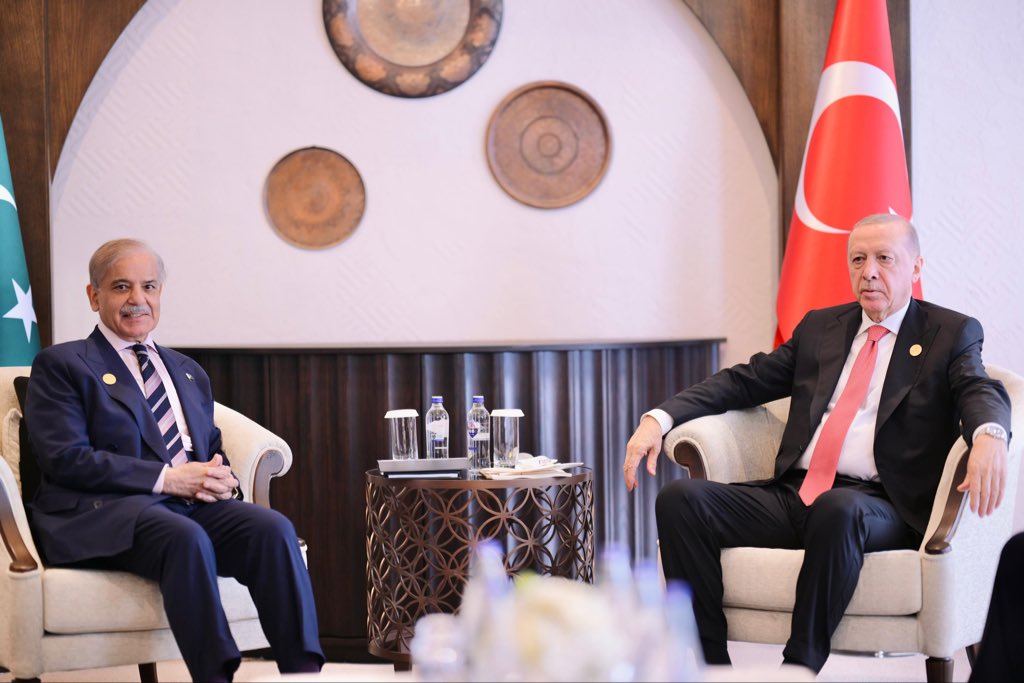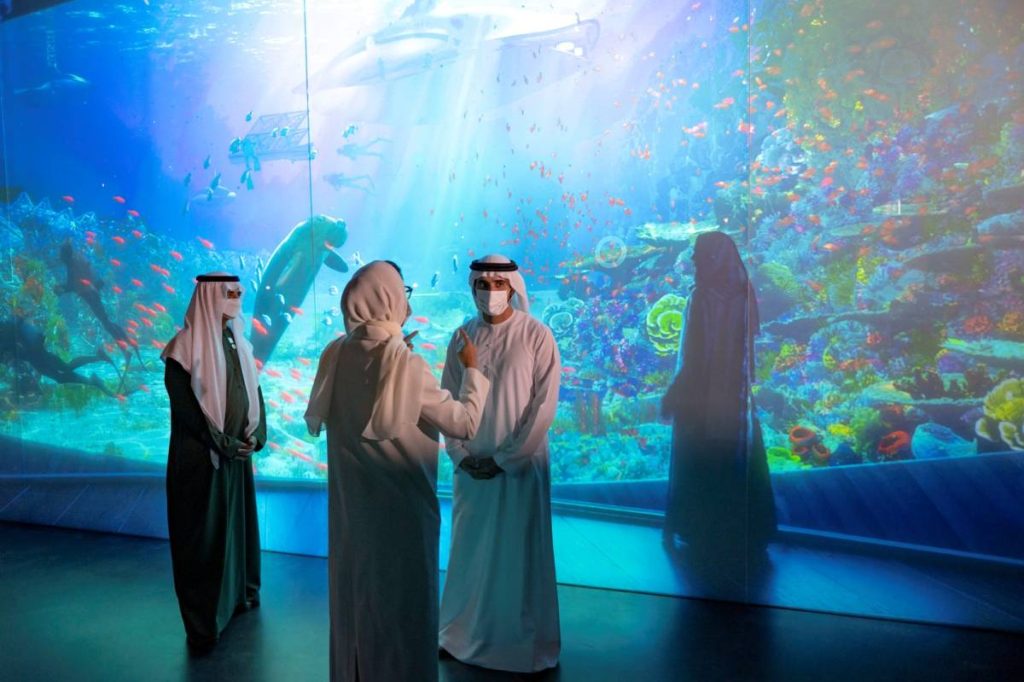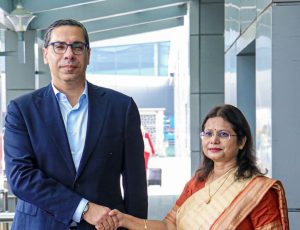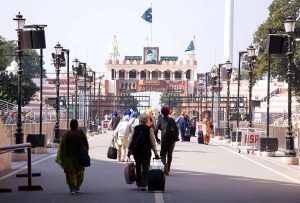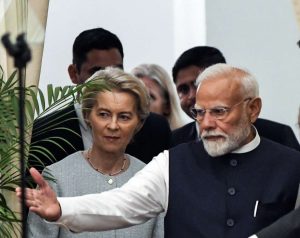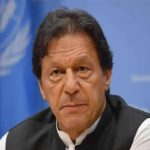Sirajuddin Haqqani, the Interior Minister of Afghanistan and Chief of the terror outfit Haqqani Network is putting pressure on small groups of TTP to accept the amnesty offer of the Pakistani government….reports Mrityunjoy Kumar Jha
Pakistan Prime Minister Imran Khan hopes that the bad Taliban or the Tehreek-e-Taliban Pakistan (TTP) which has been attacking Pakistani forces will surrender their arms to the Pakistan government and turn a new leaf. However, for this to happen, he is taking the help of the “good” Afghan Taliban.
When Khan was asked specifically asked in a TV interview whether the TTP was talking to the Pakistani government, he said, “There are a few groups who want to talk.”
“Some TTP groups want to talk to us for reconciliation and we are in talks with these groups. The TTP is made up of different groups and we are in talks with some of them to surrender and reconcile,” he told TRT World.
While Imran Khan claimed the beginning of talks, the TTP announced the killing of seven Pakistani soldiers and capturing four on Sunday. It has followed this up with further attacks this week on the Pakistan army.
According to Pakistani sources, Sirajuddin Haqqani, the Interior Minister of Afghanistan and Chief of the terror outfit Haqqani Network is putting pressure on small groups of TTP to accept the amnesty offer of the Pakistani government. One of such group’s commander Hafiz Gul Bahadur of Shura Mujahideen of North Waziristan has announced a ceasefire for 20 days. Pakistani sources say the group headed by Bahadur is a very small outfit with 150-200 militans and works for the Haqqani network.

But the main group TTP headed by Noor Wali Mehsud has said in a statement, “The TTP has not declared a ceasefire anywhere. Therefore, the Mujahideen of Tehreek-e-Taliban Pakistan (TTP) should continue their operations. Our policy regarding meaningful talks is clear.”
A Pakistani journalist told India Narrative that the Bahadur-led group had a peace pact with the previous government but never implemented it. The TTP will never talk with the Pakistani government. They have a very strong base across the Durand Line also in eastern Afghanistan. There are intelligence reports that the group has activated its sleeper cells inside Pakistan.
This is not the first time the Pakistani government has been trying to extend an olive branch to the banned terror group. Interestingly in 2014, the former TTP chief Mullah Fazlullah had nominated five persons, including Pakistan Tehreek-i-Insaf (PTI) Chief Imran Khan and Maulana Samiul Haq, former chief cleric of the Lal Masjid to talk to the Nawaz Sharif government. But just after ten months, in December the militants of the group attacked a Pakistani army school and killed more than 150 students. Mullah Faziullah and his deputy Mullah Sheikh Khalid Haqqani were among the 16 accused responsible for the massacre. Faziullak was killed in Afghanistan in 2018 in a drone attack and Noor Wali Mehsud became the Chief of the TTP.
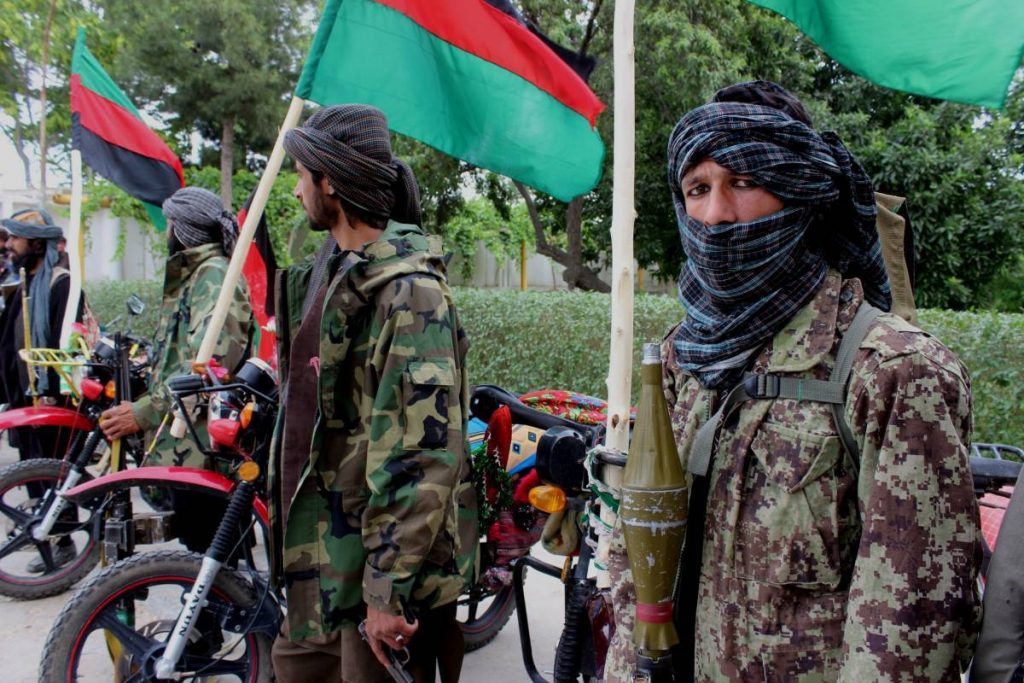
Pakistani journalist Khalid Munir told indianarrative.com, “The TTP has two main conditions for negotiations: Shariah’s implementation and the release of TTP prisoners but it is highly unlikely that the Pakistani army will accept this.” Also, unlike the Afghan Taliban, the Pakistan Taliban (TTP) does not have support among Pakistani people.
The Afghan and Pakistani Taliban are separate entities, although their ideologies overlap, as does their training, in religious seminaries in Pakistan’s tribal areas. While Pakistan’s military has been fighting the Pakistani Taliban, it has long been accused of nurturing the Afghan Taliban.
“We know who is good and who is bad,” claims Pakistani Interior Minister Sheikh Rashid.
(The content is being carried under an arrangement with indianarrative.com)




